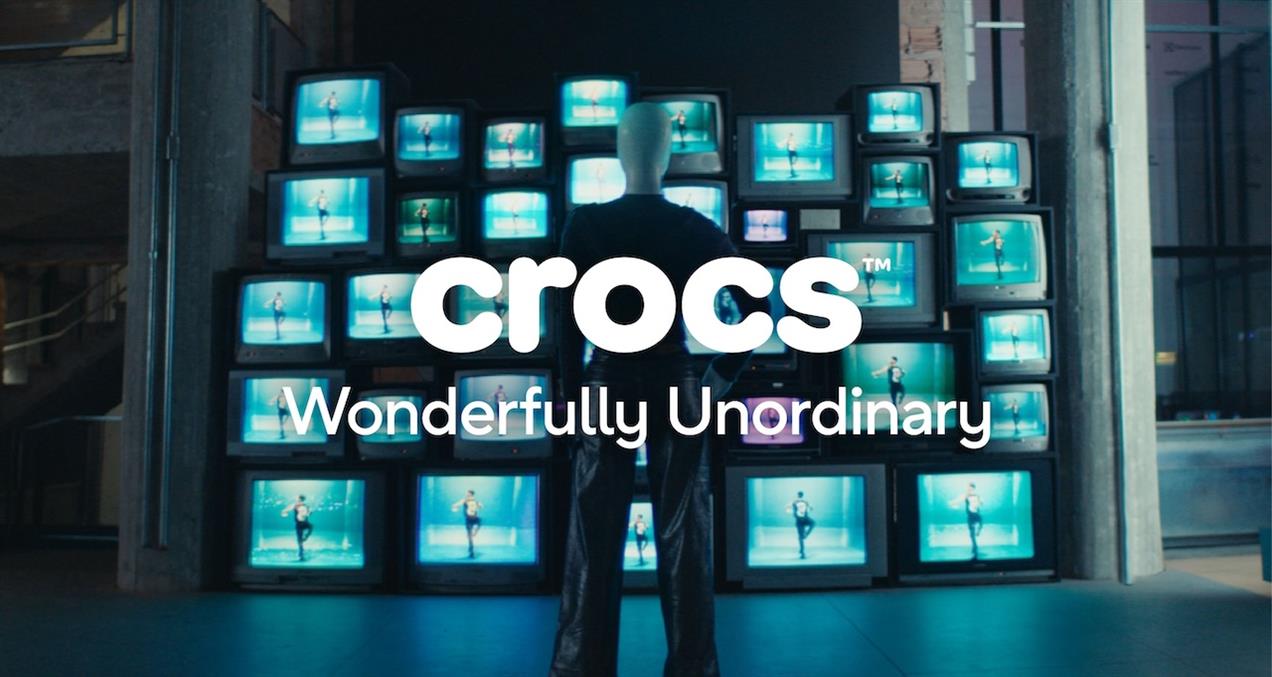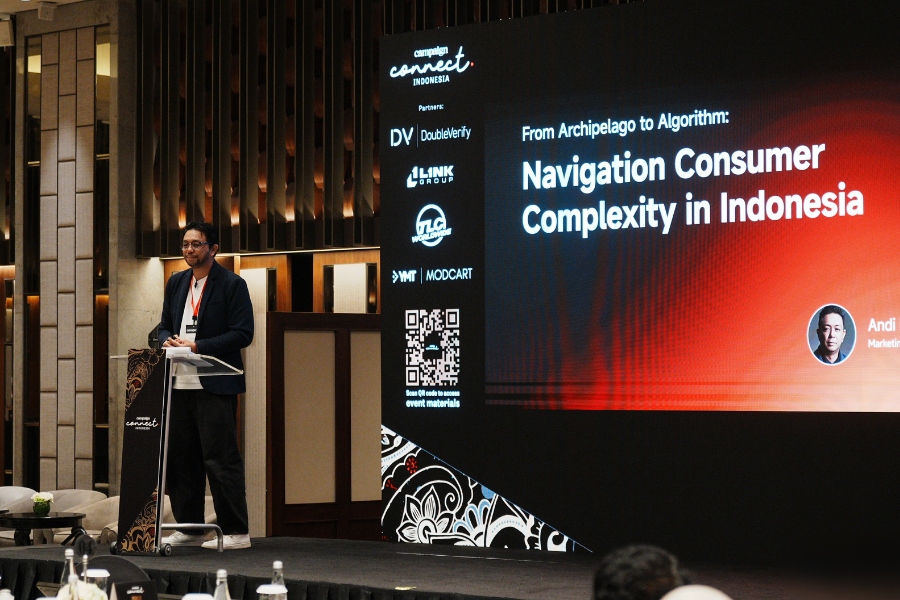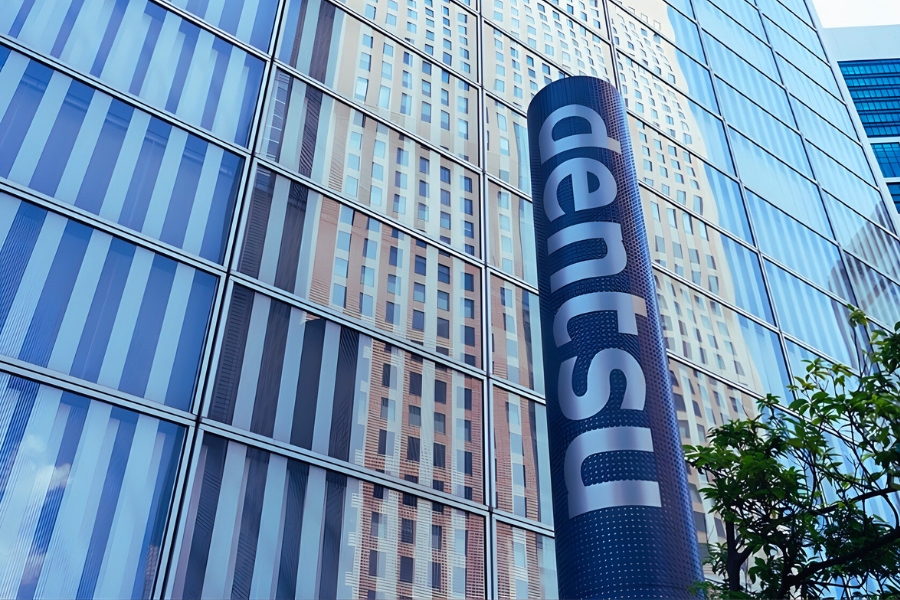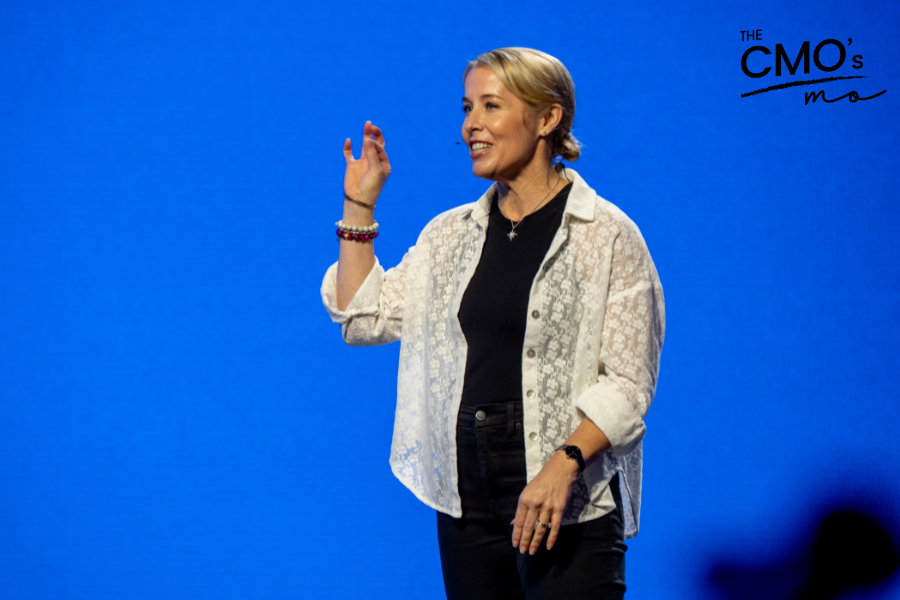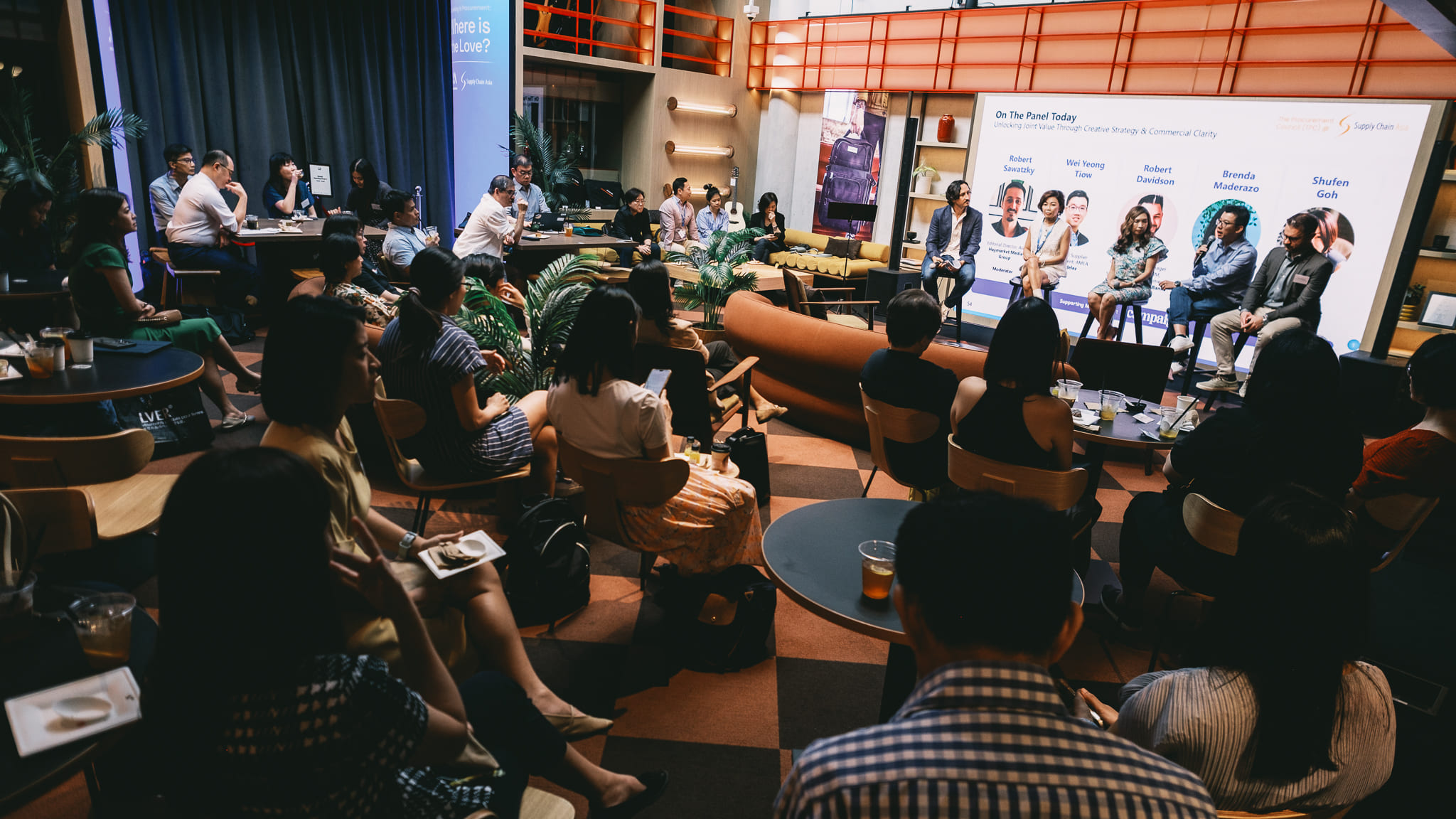As media channels become well-established, growth naturally plateaus, leading advertisers to seek the next avenue. One of the channels currently top of mind for this is connected TV (CTV), which remains in nascent stage with plenty of headroom for growth. CTV has become the key battleground for adtech companies seeking to expand market share, and a target for acquisition.
The latest move in this space came on Wednesday (August 11), when Integral Ad Science (IAS) acquired Publica, a CTV advertising platform, in a cash and stock transaction valued at US$220 million.
Publica is a CTV advertising platform that offers a unified auction, OTT header bidding for programmatic buying, audience management, campaign management, server-side ad insertion (SSAI), ad pod automation, and advanced analytics. Publica claims to deliver over three billion ads on CTV every month.
IAS CEO Lisa Utzschneider said the acquisition of Publica would allow the ad verification firm to offer publishers the tools to capitalise on the rapid growth of CTV. She outlined plans to use Publica’s platform and data to build a brand safety and suitability solution for CTV "in the coming months".
But the firm faces potential organisational challenges in its bid to lead in CTV measurement. Campaign Asia-Pacific asked industry experts for their thoughts on what this acquisition means for IAS and the future of CTV measurement.
A ripe opportunity
Xiaofeng Wang, a senior analyst at Forrester, explains that adtech players' rising interest in CTV lies in increasing consumer adoption of smart TVs.
"Naturally brands’ advertising dollars follow where consumers go. Forrester data shows smart TV penetration has reached 56% in the US, 63% in the UK, 57% in Australia, and a whopping 76% in China thanks to more affordable smart TV options there," Wang says.
Jonathan Edwards, head of data and transformation at Dentsu Solutions APAC, believes IAS leaped while the opportunity to shape the future of CTV is still ripe.
"IAS doesn’t want to be left behind in CTV, which is growing rapidly. The industry is still at an early stage, so strategies aren’t well-defined. But by owning the ad server which CTV publishers use, and helping them monetise, they cement a strong relationship with organisations they’ll need to work closely with in order to drive their core business of verification," Edwards suggests.
Magnite's recent purchase of CTV ad server SpringServe "likely influenced the rationale" for IAS, he adds.
The timing is key for another reason. The Publica acquisition comes one month after IAS raised $270 million in its initial public offering (IPO), providing additional incentive for the company to pursue growth opportunities.
Ken Mandel, regional MD and head of GrabAds, says: "Following a successful IPO in the end of June, this is really about IAS diversifying to find incremental revenue streams beyond verification—which is a somewhat narrow niche for a newly publicly listed company that is now going to need to show consistent revenue growth to the street. With Publica they get to dip into larger topline video publisher revenues, which are significantly higher than the lower percentage value verification revenues."
Access to supply-side, data and talent
Industry experts believe there are two key incentives behind the Publica acquisition: access to CTV publisher relationships and the ability to enrich data.
"IAS will now have their own bidstream which they can mine to better improve the accuracy and depth of all their data while smartly saving on some of their previous data acquisition costs," says Grab's Mandel.
Moving into the CTV space while it remains in early-stage growth provides IAS the opportunity to potentially become "the Nielsen of CTV", Mandel suggests.
Shane Dewar, VP of advertising operations APAC at Essence, goes on: "The digital advertising industry has come to expect that media is measured in a thorough way, including for viewability, engagement and brand safety—but the CTV space is not quite there yet. This move by IAS could see accelerated developments in its verification product to better handle measurement of CTV inventory, bringing it in line with standards expected across other digital channels."
Edwards says Publica's vision to use CTV data to build a privacy-focused targeting solution has "huge potential" for the industry and IAS.
"If Publica succeeds in building out this vision, even if IAS did little else with the acquisition, simply having sight of this data would put them in a strong competitive position against DoubleVerify, Moat and Nielsen. It may even give them a data asset akin to social media platforms," he says. "That said, I’d expect IAS to work this into the broader measurement solution they offer advertisers too."
Utzschneider named Publica's talent as one of the reasons behind its purchase of the company in an interview with Beet.TV, which Essence's Dewar echoes.
"On top of measurement capabilities that IAS could develop alongside the Publica product, the ability to strengthen its contextual targeting solutions in the CTV space is also a huge plus for IAS. Bringing Publica technology in-house will allow IAS to push its product development forward much faster than without it," he suggests.
Ian Hocking, VP of digital at South China Morning Post, adds: "The acquisition of Publica seems like a great fit for IAS. The advanced measurement and analytics technology Publica have developed will certainly help the familiar display verification company get traction in the fast-growing CTV space."
Potential challenges
Some adtech commentators have raised concerns over whether the addition of ad serving capabilities presents a conflict of interest for a verification firm. Many ad businesses run into potential conflicts as they diverisify into new revenue streams—Dentsu's Edwards draws comparisons to Oracle, which provides verification, sells data and manages ad demand.
Mitigating any potential conflict concerns comes down to organisational structure, he says. "Verifying and measuring Publica-managed campaign success does present a potential issue; it would mean IAS marking their own homework. But I don’t foresee this as a major issue for brands and publishers. Moreover, if it became one, I envisage IAS would find a way to divorce that element, given it will likely present a small proportion of the business, and the acquisition gives them numerous other strategic options to focus on instead."
SCMP's Hocking adds: "Independence in verification is essential for most buyers and sellers, so IAS will need to think carefully about how they integrate Publica into their offering to ensure they retain their impartiality."
IAS said in a statement: "We remain a trusted and independent digital media quality company and a strong partner for advertisers, publishers, and platforms globally."


